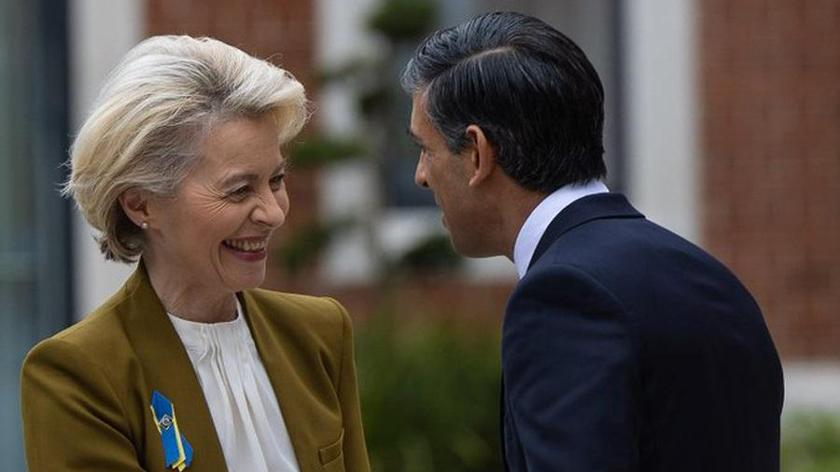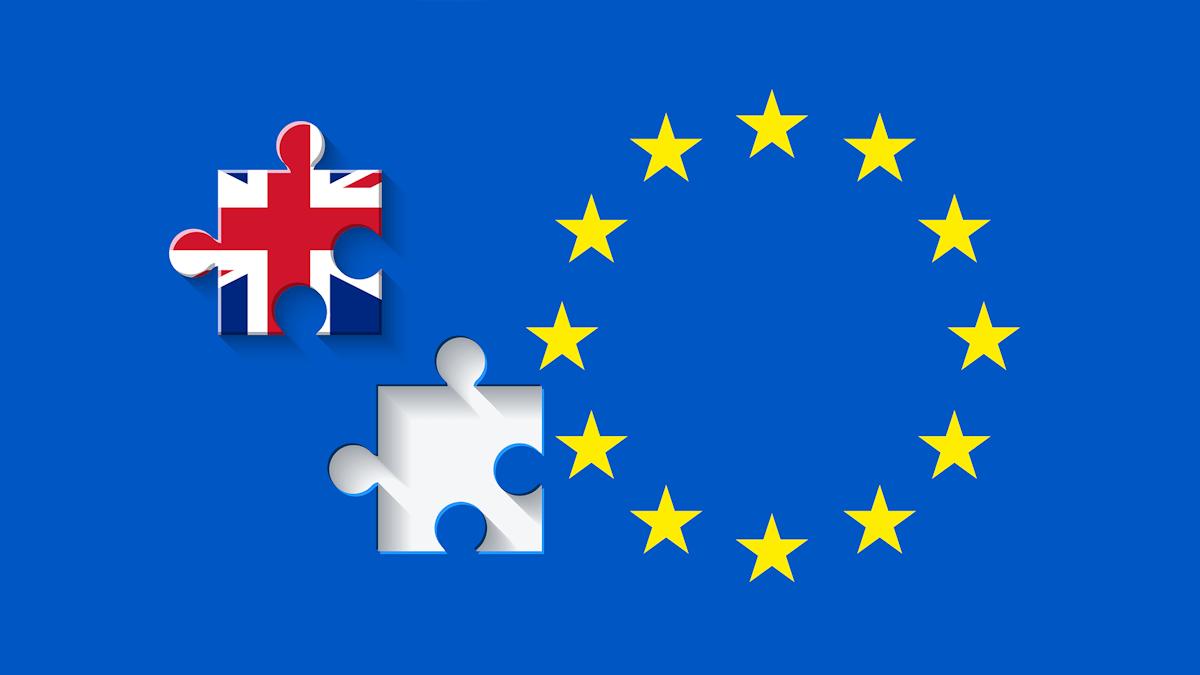Northern Ireland Brexit deal restores MHRA jurisdiction

EC President Ursula von der Leyen and UK PM Rishi Sunak
The Medicines and Healthcare products Regulatory Agency (MHRA) looks like it will once again be responsible for regulating drugs across the whole of the UK, in the wake of the government’s ‘breakthrough’ deal with the EU on Northern Ireland.
For a couple of years, the MHRA has been limited to approving medicines in Great Britain (England, Scotland, and Wales) only – with the EMA retaining jurisdiction in Northern Ireland – as a consequence of the Brexit deal between the UK and EU.
The widely-derided Northern Ireland Protocol came into force at the start of 2021, trying to solve the political problems associated with the creation of a land border within Ireland, and has been an ongoing source of tension between the UK and the EU.
From a pharma perspective, it has meant in effect that Northern Ireland remains within the EU regulatory system, and that has reportedly created supply issues between the country and the rest of the UK.
Last year, the EU amended its legislation to try to ensure the uninterrupted supply of medicines from Great Britain to Northern Ireland, but according to the pharma industry that did not solve the problems.
Now, the new Windsor Framework means that EU rules – for example, the need to apply the EU’s format of unique identifiers on medicine packs using 2D barcodes – will no longer apply to medicines in Northern Ireland.
The deal has received a cautious welcome from the Association of the British Pharmaceutical Industry (ABPI). The trade organisation’s chief executive, Richard Torbett, said: “While we wait to see all the details, today’s agreement appears to bring a return to a single UK market for medicines, providing the permanent solution that our members have been calling for.”
The EU commented that the new rules on medicines go “hand in hand with appropriate safeguards to ensure that UK authorised medicines do not end up on the market of any EU member state,” with packs sold in Northern Ireland now having to be marked with a label indicating they are 'UK only'.
If the system breaks down, the European Commission says it will unilaterally suspend the new arrangement, and introduce checks.
Torbett warned that the pharma industry will need time to make changes to its processes, adding that the ABPI will need to “carefully consider the transition period for making these changes and to ensure any new guidance is clear and provided as soon as possible.”
R&D funding access on the Horizon?
Along with freer trade within the UK, the Windsor Framework offers the hope that the UK will once again be able to participate in the EU’s Horizon Framework for R&D funding.
Associate membership of Horizon Europe was included in the Brexit ‘divorce’ deal with the EU, but has never been finalised, blocked by ongoing disagreements between the UK and EU over the trade border in Northern Ireland. Last year, the EU said it would withhold Horizon funding for UK projects until the row was resolved.
And earlier this month, it emerged that £1.6 billion ($1.9 billion) that had been ringfenced for R&D spending as a contribution to Horizon or a domestic alternative scheme had been returned to HM Treasury, causing consternation among science leaders who feared access to grants would dry up.
“It’s great news that the work on the UK’s association to Horizon Europe can begin, which will help to deliver the UK’s ambition to be a science superpower,” said Torbett.













